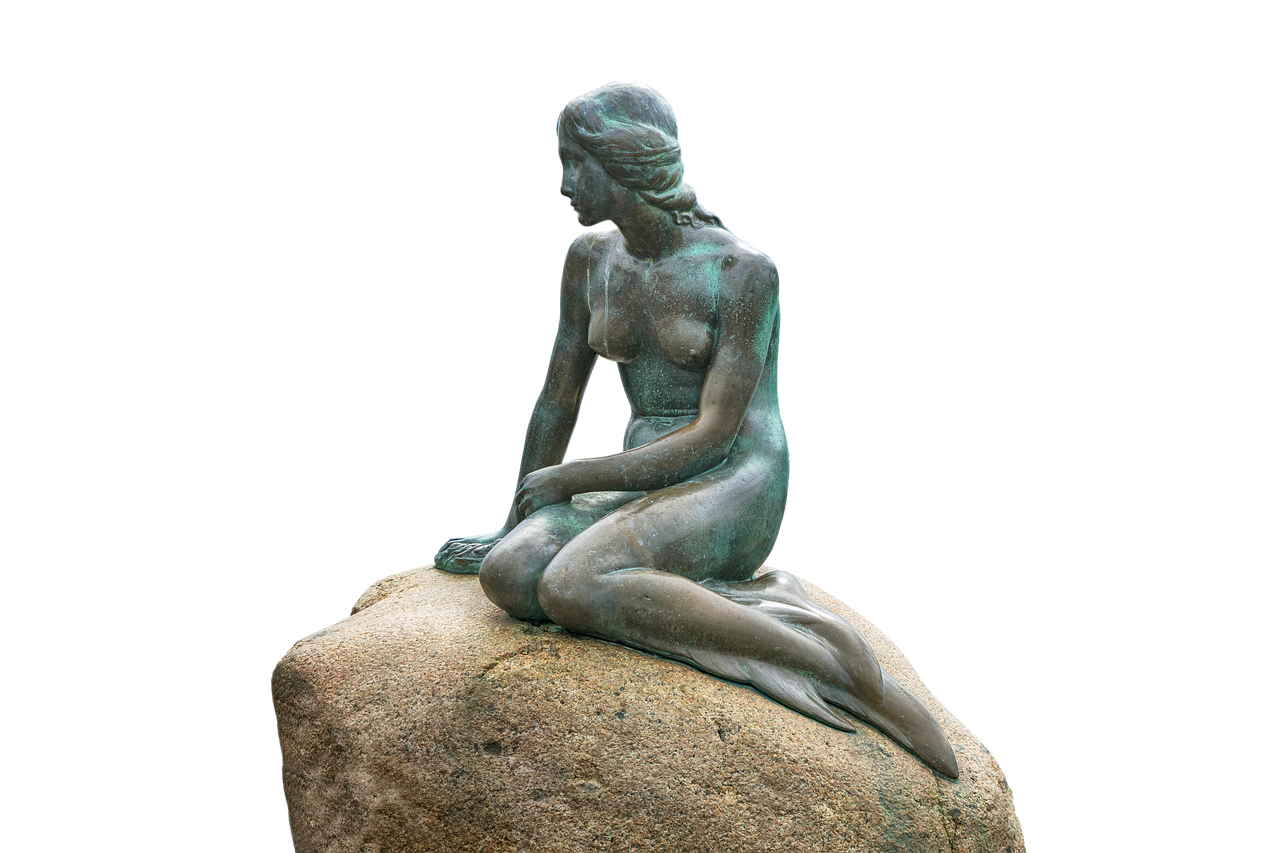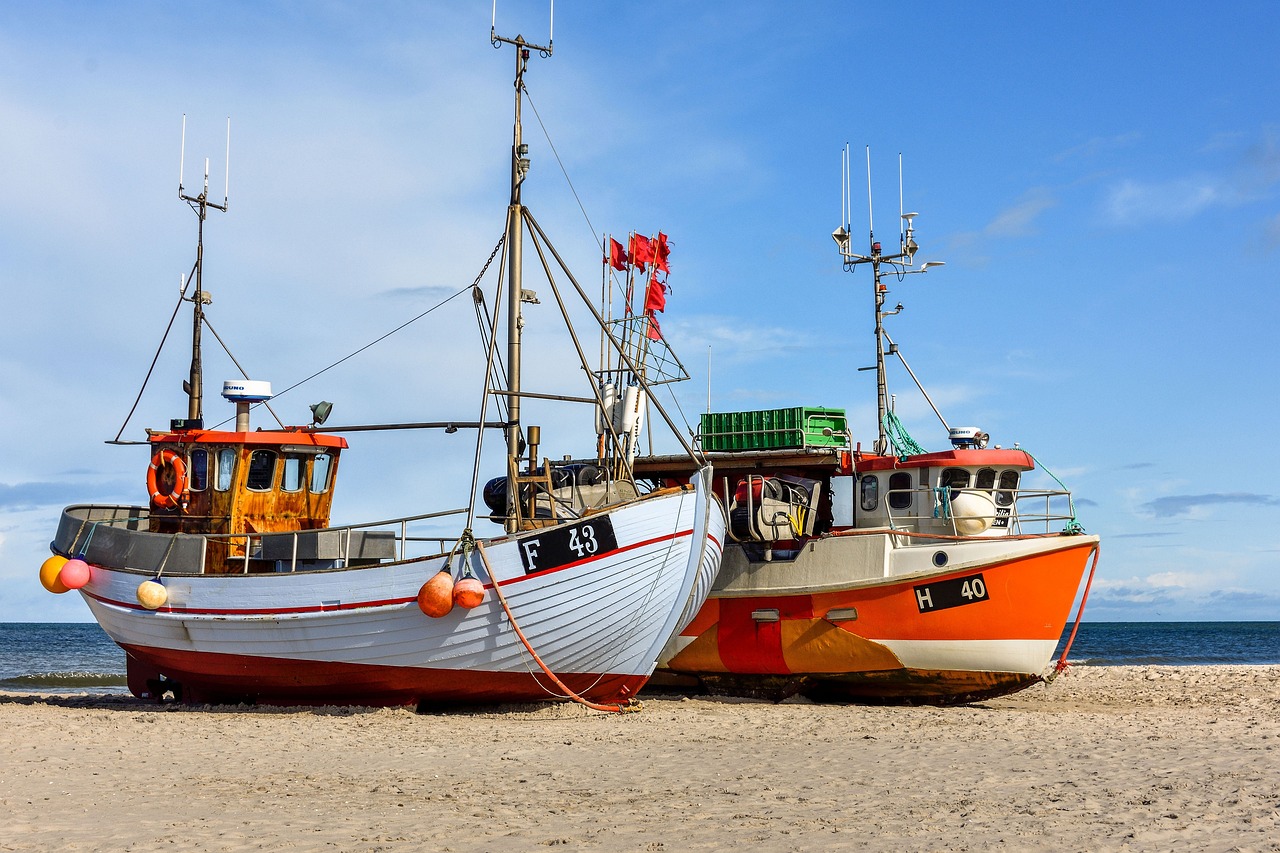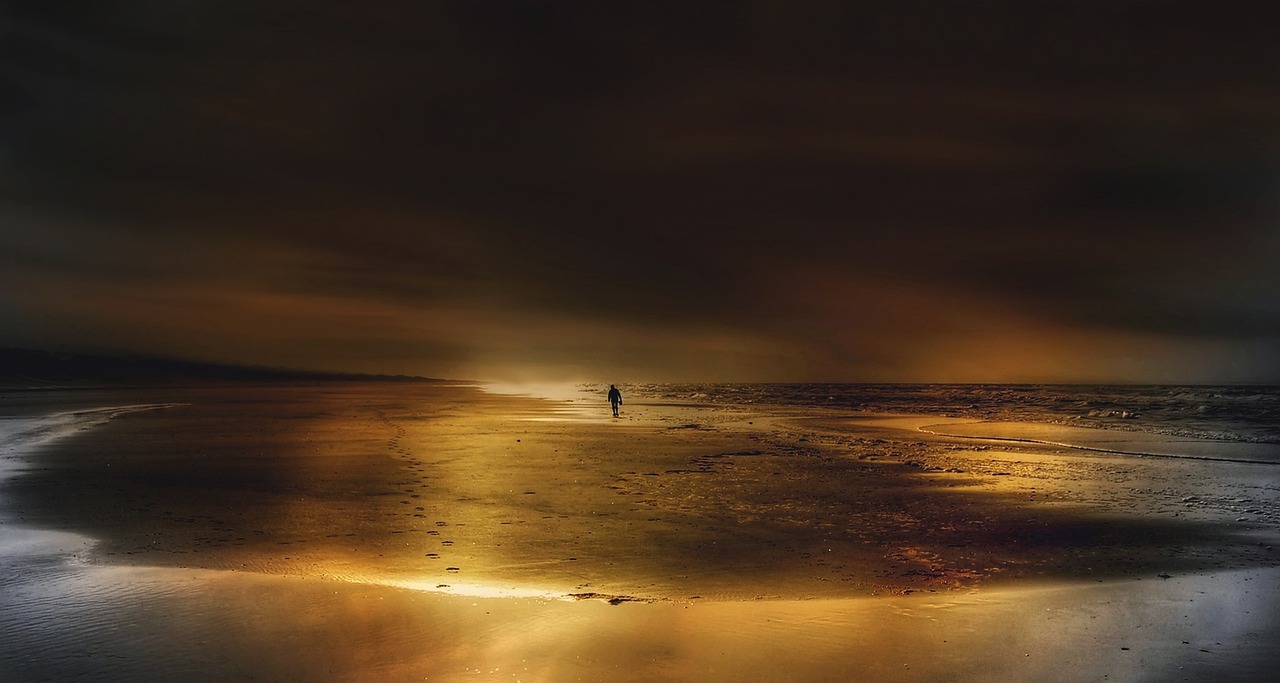Denmark Video
Cultural Sensitivities: Understanding Local Norms in Denmark
Introduction
Denmark, a country known for its rich history, beautiful landscapes, and progressive social policies, is a fascinating destination for travelers. To fully enjoy your visit to Denmark, it is essential to understand and respect the local cultural norms and sensitivities. This article aims to provide a comprehensive guide to help you navigate Danish culture with ease and avoid unintentional misunderstandings or offenses.
Communication Styles and Etiquette
Danish people value direct and honest communication. They appreciate clear and straightforward conversations, so it’s important to be concise and avoid excessive small talk. Danes are known for their egalitarian society, and hierarchies are not emphasized in social interactions. Addressing people by their first names, even in professional settings, is common practice.
- Greetings: In Denmark, a firm handshake and direct eye contact are standard greetings. It is customary to greet everyone individually, including children, when entering a room or joining a group.
- Punctuality: Danes value punctuality and expect others to be on time for appointments and meetings. It is considered impolite to be late without prior notice.
- Personal Space: Danes generally respect personal space and prefer to maintain a comfortable distance during conversations. Touching or hugging someone you have just met may be seen as intrusive.
- Respecting Silence: Danes appreciate moments of silence and may not feel the need to fill every conversation with constant chatter. Pauses during conversations are considered normal and should not be interpreted as awkwardness.
Social Etiquette and Customs
Understanding Danish social etiquette and customs will help you blend in and show respect for local traditions. Here are some important aspects to keep in mind:
- Hygge: Hygge (pronounced hoo-gah) is a concept deeply rooted in Danish culture, emphasizing coziness, comfort, and a warm atmosphere. Embrace this concept and enjoy the simple pleasures of life, such as gathering with friends over a cup of coffee or lighting candles on a dark winter evening.
- Gift Giving: When invited to someone’s home, it is customary to bring a small gift for the host or hostess. Flowers, wine, or chocolates are popular choices. Remember to present the gift with both hands as a sign of respect.
- Table Manners: Danish table manners are relatively informal, but it is polite to wait for the host to say “velbekomme” (bon appétit) before starting your meal. Keep your hands visible on the table and avoid resting your elbows on it.
- Toasting: When participating in a toast, it is customary to make eye contact with each person present and raise your glass. It is polite to hold eye contact throughout the toast.
Religion and Traditions
Denmark has a predominantly Lutheran Christian population, but the country is known for its religious tolerance and secular society. Understanding Danish religious traditions can enhance your cultural experience:
- Christmas: Christmas is a significant holiday in Denmark. Many Danish traditions, such as the lighting of Advent candles and the singing of Christmas carols, are deeply rooted in Christian customs.
- Easter: Easter is celebrated with various customs and traditions, including the decorating of eggs and the exchanging of chocolate eggs. Many Danes also attend church services during Easter.
- Midsummer: Midsummer, or Sankt Hans Aften, is celebrated on the evening of June 23rd. Bonfires are lit across the country to mark the occasion, and people gather to enjoy music, food, and each other’s company.
Gender Equality and LGBTQ+ Rights
Denmark is known for its progressive stance on gender equality and LGBTQ+ rights. The country has been at the forefront of promoting equal rights and opportunities for all individuals, regardless of gender or sexual orientation. LGBTQ+ travelers can generally expect a welcoming and inclusive environment in Denmark.
- Same-Sex Marriage: Denmark was the first country in the world to recognize same-sex partnerships in 1989. Same-sex marriage has been legal since 2012.
- Pride Celebrations: Denmark hosts vibrant pride celebrations, including the Copenhagen Pride Parade, which takes place annually in August. These events attract both locals and international visitors.
- Gender Equality: Denmark consistently ranks high in global gender equality indexes. Women in Denmark enjoy equal rights and opportunities in various aspects of life, including education, employment, and politics.
Environmental Awareness
Danes have a strong commitment to environmental sustainability and are known for their efforts to reduce carbon emissions and promote renewable energy sources. Understanding their environmental values can help you align with local practices:
- Biking Culture: Denmark is renowned for its biking culture. Bicycles are a popular mode of transportation, and many cities have well-developed cycling infrastructure. Consider renting a bike to explore the cities and embrace sustainable travel.
- Recycling: Recycling is taken seriously in Denmark. Sort your waste properly and follow the local recycling guidelines to contribute to their environmental initiatives.
- Energy Efficiency: Danes strive for energy efficiency in their homes and public spaces. Be mindful of your energy consumption and try to conserve resources during your stay.
Culinary Traditions
Exploring Danish cuisine is an essential part of experiencing the local culture. Danish culinary traditions are deeply rooted in their history and geography:
- Smørrebrød: Smørrebrød is an open-faced sandwich made with rye bread and a variety of toppings, such as pickled herring, cold cuts, or seafood. It is a classic Danish dish and a must-try during your visit.
- Pastries: Danish pastries, known as wienerbrød, are famous worldwide. Indulge in delicious treats like cinnamon rolls (kanelsnegl) or the iconic Danish pastry (danish).
- New Nordic Cuisine: Denmark has been at the forefront of the New Nordic Cuisine movement, which emphasizes local, seasonal ingredients and innovative culinary techniques. Explore restaurants that showcase this contemporary gastronomic trend.
Arts and Cultural Heritage
Denmark has a rich cultural heritage and a thriving arts scene. Exploring the arts and cultural offerings can provide valuable insights into Danish identity:
- Design: Denmark is renowned for its design heritage, characterized by minimalism, functionality, and craftsmanship. Visit design museums and explore Danish design shops to appreciate their contributions to the field.
- Literature: Danish literature has produced influential authors such as Hans Christian Andersen and Karen Blixen. Discover their works and immerse yourself in Danish storytelling traditions.
- Architecture: From medieval castles to modernist landmarks, Denmark boasts a diverse architectural landscape. Explore iconic structures like Kronborg Castle and admire the contemporary architecture in cities like Copenhagen and Aarhus.
Denmark Image 1:

Festivals and Celebrations
Denmark hosts a variety of festivals and celebrations throughout the year, offering opportunities to immerse yourself in local traditions and festivities:
- Roskilde Festival: Roskilde Festival is one of the largest music festivals in Europe, attracting both Danish and international artists and attendees. It takes place annually in Roskilde, near Copenhagen.
- Aarhus Festuge: Aarhus Festuge is an annual cultural festival held in Aarhus, showcasing a wide range of artistic performances, exhibitions, and events. It celebrates the vibrant cultural scene of Denmark’s second-largest city.
- Tivoli Gardens: Tivoli Gardens in Copenhagen is a historic amusement park that hosts seasonal events and celebrations throughout the year. From Christmas markets to summer concerts, Tivoli offers entertainment for all ages.
Denmark Image 2:
Outdoor Activities
Denmark’s natural landscapes provide ample opportunities for outdoor activities and exploration:
- Cycling: As mentioned earlier, Denmark’s biking culture makes it an ideal destination for cycling enthusiasts. Explore the picturesque countryside or bike along the coastal routes for a scenic adventure.
- Hiking: While Denmark is known for its flat terrain, it still offers beautiful hiking trails, especially along the coastlines and in national parks like Mols Bjerge and Thy National Park.
- Beach Visits: Denmark’s coastline is dotted with stunning beaches. Whether you prefer relaxing on the sandy shores or engaging in water sports, there are numerous seaside destinations to choose from.
Local Customs and Traditions
Immerse yourself in Danish customs and traditions to gain a deeper understanding of the country’s cultural fabric:
- Flag Flying: Danish people have a strong affinity for their flag. It is common to see the Danish flag flying proudly on birthdays, anniversaries, and other special occasions.
- Easter Witching: On the Thursday before Easter, Danish children dress up as witches and go door-to-door, exchanging drawings and paintings for candy. This tradition is known as “påskeheks” (Easter witching).
- Maypole Dancing: Maypole dancing is a traditional Danish custom that takes place on the evening of April 30th. People gather around a decorated pole, sing songs, and dance to celebrate the arrival of spring.
Denmark Image 3:

Conclusion
By understanding and respecting Danish cultural sensitivities, you can have a more immersive and enjoyable experience during your visit to Denmark. Embrace the local customs, engage with the vibrant arts scene, and savor the culinary delights. Remember to be open-minded, appreciate the beauty of the Danish landscape, and interact respectfully with the warm and welcoming Danish people.
References
- visitdenmark.com
- copenhagen.com
- denmark.dk
- roskilde-festival.dk
- aarhusfestuge.dk
- tivoli.dk


